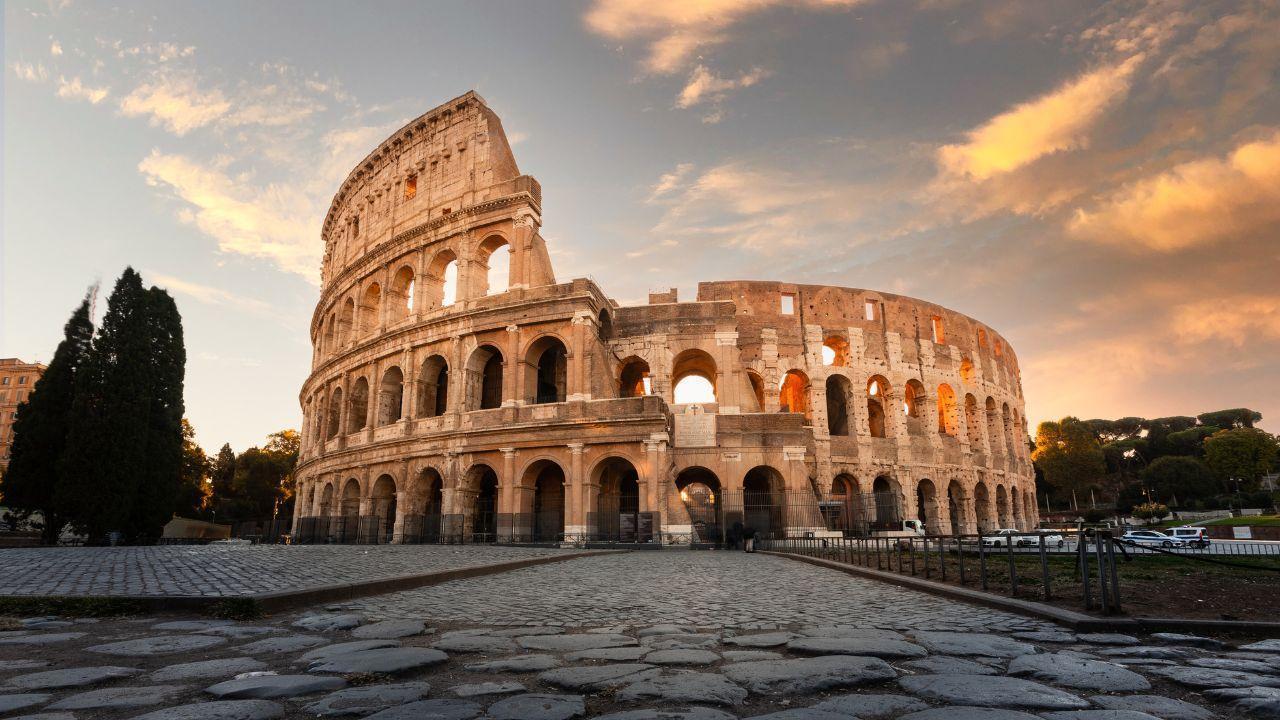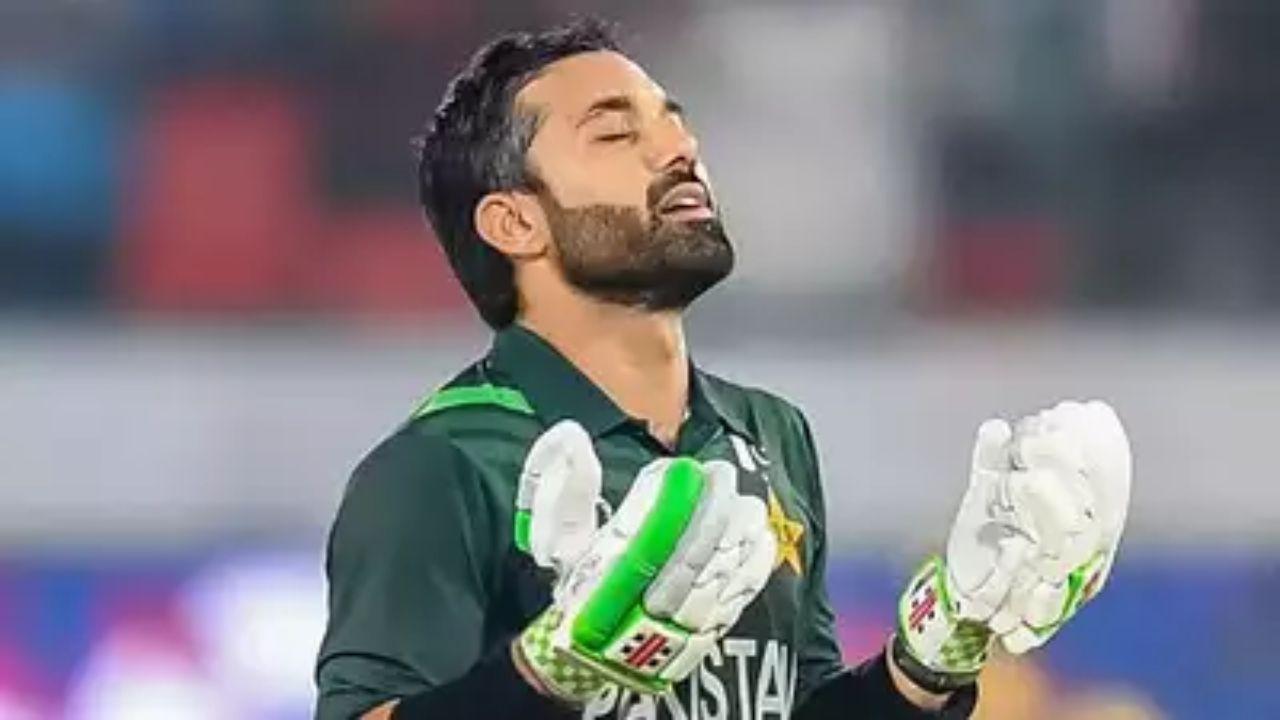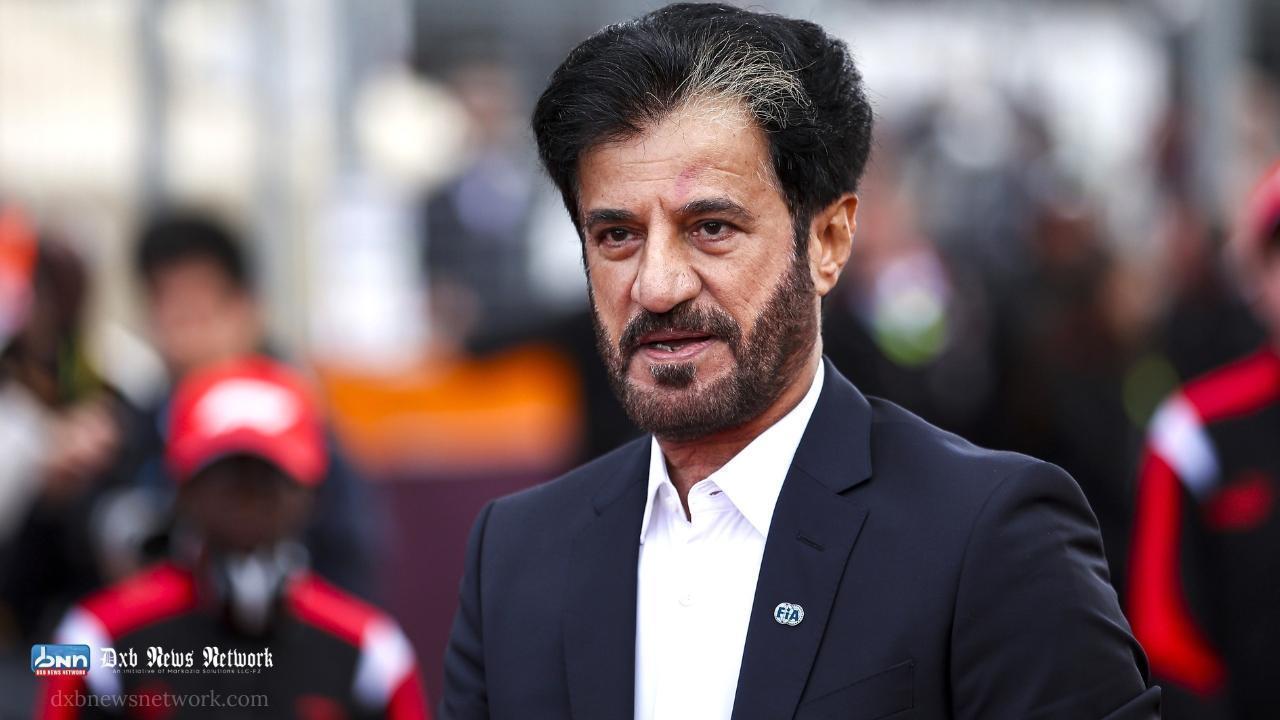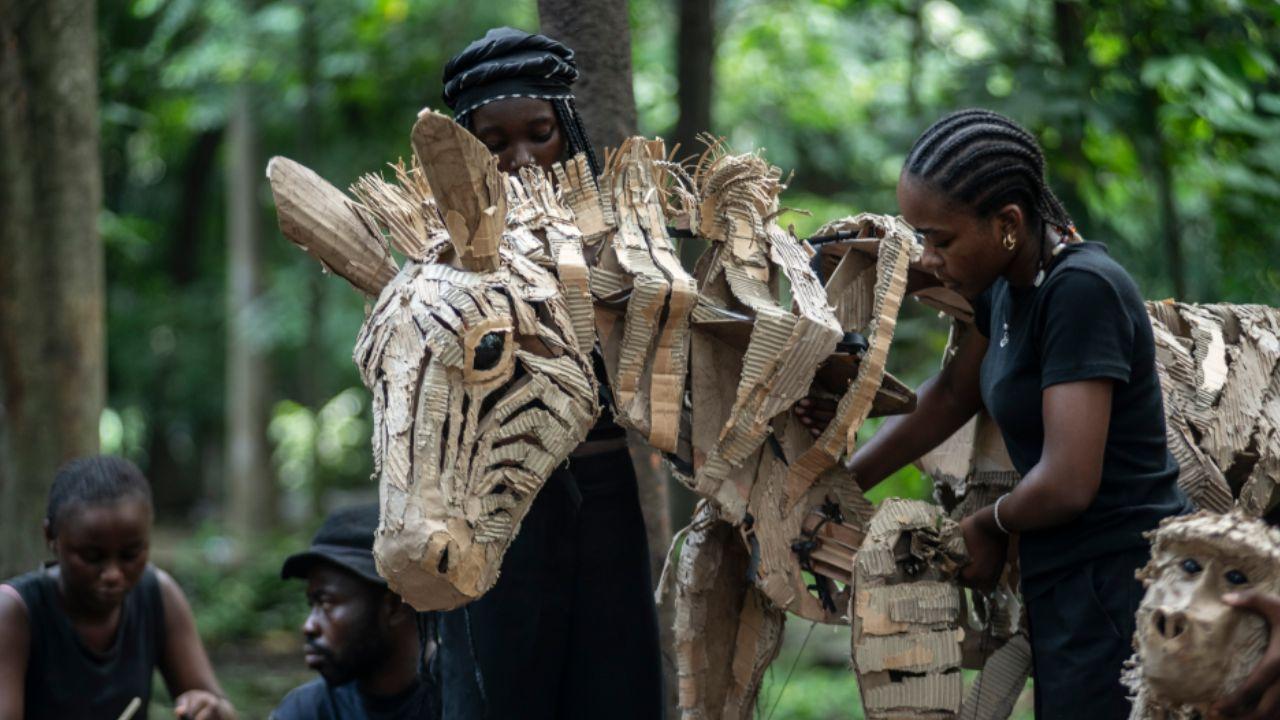
Post by: Vansh Kumar
History is a fascinating journey of human progress, shaped by wars, revolutions, discoveries, and cultural shifts. Understanding the World History Timeline Major Events That Changed the World in Simple Steps helps us appreciate how past events have influenced modern society. From ancient civilizations to technological revolutions, these moments have left a lasting impact on the world. Let’s take a step-by-step look at some of the most significant events in history.
The earliest known civilizations emerged around 3000 BCE, marking the beginning of organized societies. Mesopotamia, often called the "Cradle of Civilization," introduced writing, governance, and trade. The unification of Egypt in 3100 BCE under King Narmer created one of the world’s first powerful empires. The rise of the Babylonian Empire around 2000 BCE led to Hammurabi’s Code, one of the earliest legal systems that influenced justice for centuries. The collapse of the Roman Empire in 476 CE marked the transition from the ancient world to the Middle Ages, changing the political and cultural landscape of Europe.
The medieval period, often referred to as the "Dark Ages," saw the dominance of feudalism and religious influence. However, it was also a time of transformation. The Crusades, which occurred between 1096 and 1291, were a series of religious wars between Christians and Muslims that reshaped Europe and the Middle East. The Black Death from 1347 to 1351 devastated Europe, killing millions and altering economic and social structures. In 1492, Christopher Columbus's discovery of America initiated European colonization, leading to the formation of modern nations. The Protestant Reformation in 1517, led by Martin Luther, challenged the authority of the Catholic Church and changed the religious landscape of Europe forever.
This period witnessed immense political, social, and industrial transformations. The American Revolution in 1776 led to the United States gaining independence, inspiring democratic movements worldwide. The French Revolution in 1789 was a turning point in European history, overthrowing the monarchy and introducing the ideals of liberty, equality, and fraternity. The Napoleonic Wars of the early 19th century reshaped Europe through military conquests and legal reforms. The American Civil War between 1861 and 1865 resulted in the abolition of slavery and a redefinition of human rights. The Industrial Revolution of the 1870s brought technological advancements in transportation, communication, and production, changing economies and daily life forever.
The 20th century was marked by global conflicts, economic shifts, and scientific advancements. World War I, fought between 1914 and 1918, led to political and territorial changes that shaped modern nations. The Great Depression of 1929 caused a worldwide economic collapse, affecting millions. World War II, which lasted from 1939 to 1945, was one of the deadliest conflicts in history, leading to the defeat of Nazi Germany and the use of atomic bombs in Hiroshima and Nagasaki. The independence of India in 1947 ended British rule and set an example for other nations seeking self-governance. The Moon Landing in 1969 was a monumental achievement in space exploration, proving human capability beyond Earth. The fall of the Soviet Union in 1991 marked the end of the Cold War and reshaped global politics.
The modern world continues to evolve through technological advancements, global conflicts, and social movements. The 9/11 attacks in 2001 led to a global fight against terrorism and conflicts in the Middle East. The 2008 financial crisis caused an economic downturn that affected markets and industries worldwide. The rise of social media in the 2010s revolutionized communication, activism, and politics. The COVID-19 pandemic in 2020 disrupted societies, economies, and medical systems globally, emphasizing the need for healthcare resilience and scientific innovation.
History is a fascinating journey that has shaped modern society through wars, revolutions, and technological advancements. The World History Timeline Major Events That Changed the World highlights key moments that transformed civilization. The Dawn of Civilization saw the rise of ancient societies like Mesopotamia and Egypt, introducing writing, governance, and legal systems. The Middle Ages and the Renaissance brought feudalism, the Crusades, the Black Death, and Columbus's discovery of America. The Age of Revolutions saw movements like the American and French Revolutions, the Industrial Revolution, and the abolition of slavery. The 20th Century was marked by World War I, World War II, the Great Depression, India's independence, and the Cold War's end. In the 21st Century, events like 9/11, the 2008 financial crisis, the rise of social media, and the COVID-19 pandemic reshaped global society. Understanding these historical moments helps us appreciate their lasting impact on the present and future.
This article is intended for informational purposes only and does not serve as an official historical record. While we strive for accuracy, interpretations of historical events may vary based on different perspectives. DXB News Network is not responsible for any discrepancies or differing viewpoints regarding the information presented. Readers are encouraged to conduct further research and refer to primary sources for a more comprehensive understanding of world history.
#trending #latest #WorldHistory #HistoricalEvents #HistoryTimeline #GlobalChanges #MajorEvents #HumanCivilization #PastToPresent #HistoryMatters #RevolutionaryMoments #ShapingTheWorld #breakingnews #worldnews #headlines #topstories #globalUpdate #dxbnewsnetwork #dxbnews #dxbdnn #dxbnewsnetworkdnn #bestnewschanneldubai #bestnewschannelUAE #bestnewschannelabudhabi #bestnewschannelajman #bestnewschannelofdubai #popularnewschanneldubai

DIFC to host Dubai FinTech Summit on May 12-13, 2025, with 8,000+ guests, 300 speakers, 1,000+ investors, and global leaders in finance and tech...Read More.

Discover how AI drives innovation and transforms modern technologies...Read More.














Rizwan Says English Isn’t a Must, Only Cricket Matters
Mohammad Rizwan proudly says he’s not ashamed of poor English. For him, playing cricket for Pakistan

Nightclub Roof Collapse in DR: Death Toll Hits 226
226 dead in Dominican nightclub collapse; nation mourns as families seek answers

Middle East’s Growing Influence in Formula 1 Recognized by FIA President Mohammed Ben Sulayem
Middle East’s Growing Influence in Formula 1 Recognized by FIA President Mohammed Ben Sulayem

'The Herds' starts journey from Africa to the Arctic Circle
‘The Herds,’ a cardboard animal show, starts in Congo to show how climate change pushes nature away.

Millie Bobby Brown explores Dubai in new campaign
Millie Bobby Brown stars in a fun Dubai film with Jake Bongiovi, sharing her journey through city st